As we get into the routine of studying this year, it is important to find what strategies work best for us. Around campus, in the library or classrooms, many students are seen using headphones.
Some students like Audrey Prabhakar ‘27 say they need music to focus. “It helps me…concentrate on what I’m doing,” said Prabhakar, “especially if I’m in a loud environment.”
Amelie Pupo-Mayo ‘27 agrees. “I have a brain that thinks about many things at once,” she said, “and it’s really hard to concentrate on exactly what I’m doing when I don’t have something in the background because the silence is what throws me off track.”
According to music psychologist Victoria Williamson, music and studying can work together to benefit students by creating an even balance between boredom/low attention and overstimulation/stress.
However, certain types of music may help better than others. “Normally, I listen to classical music,” said Prabhakar. According to an article published by the University of Southern California, “Students who attended a lecture with classical music playing in the background scored higher [on a quiz] than students who watched the lecture without music.”
Many students say that, in addition to preferring certain types of music, it is important that the music not have lyrics that could distract them. “I usually use Lo-fi or instrumental soundtracks of games or popular songs that I like myself,” said Pupo-Mayo.
Prabhakar agrees. “Lyrics can be something to distract me,” she said.
However, both Prabhakar and Pupo-Mayo say that the type of music they listen to depends on the subject they are studying for. “In STEM subjects like math, chemistry, and biomechanics, I love listening to classical music,” said Prabhakar, “but for subjects that require more reading, like history and English, I prefer pop music or things with lyrics or instrumental pop.”
In contrast, Pupo-Mayo says that in classes that require reading, she prefers to listen to music without lyrics. “I use all my favorite music with lyrics and stuff like that for math, but for things that I really have to lock in on, like history, I use only purely instrumental things without any words because what I’m trying to focus on already has words.”
Others like Emiliana Macedo ‘27 believe that any music at all is a distraction. “Music usually distracts me, like when I’m memorizing stuff,” she said.
According to an article in the National Library of Medicine, for some, noise can be a primary cause of anxiety and stress. While doing work, many find that music makes them lose concentration. Noise can make it difficult for some students to perform at full capacity.
With music playing in the background, some are tempted to sing along and focus more on the music than the task at hand. “I start memorizing the song instead of the stuff I’m learning,” said Macedo.
Ultimately, music affects people in different ways. For some, like Pupo-Mayo, “Silence is what throws me off track and makes me listen to other things in my surroundings. So if I have something that blocks my surroundings and my other thoughts, I can focus on what’s in front of me.”
Overall, it is important to be aware of what works best for you.









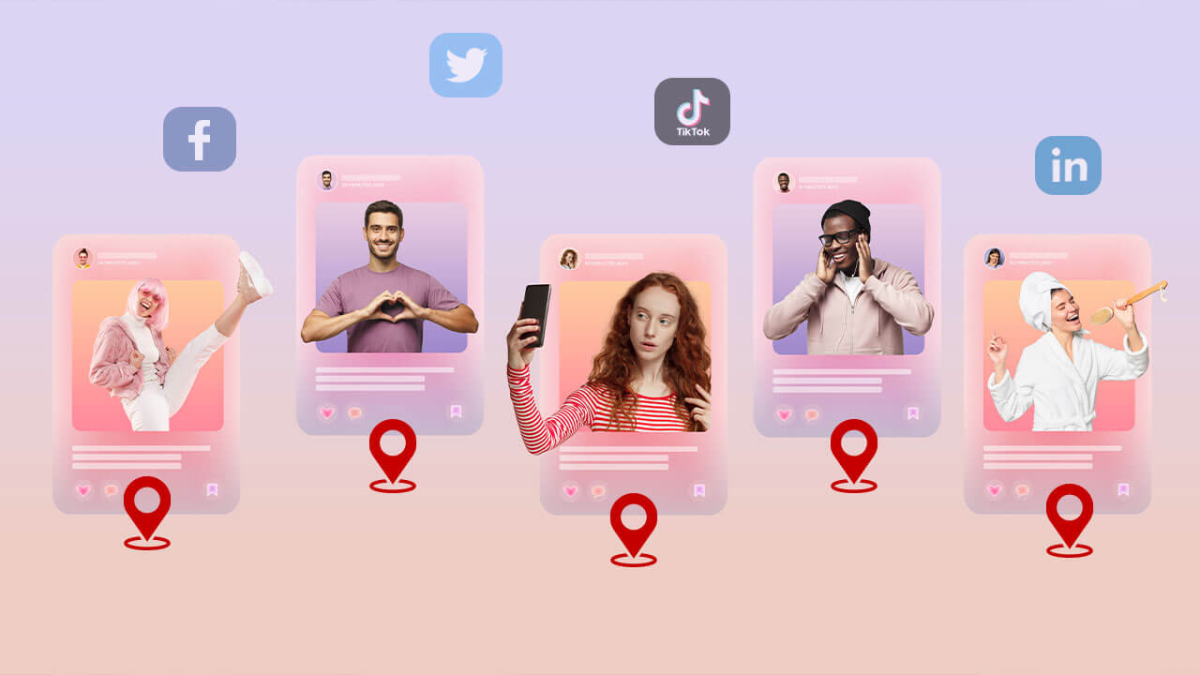









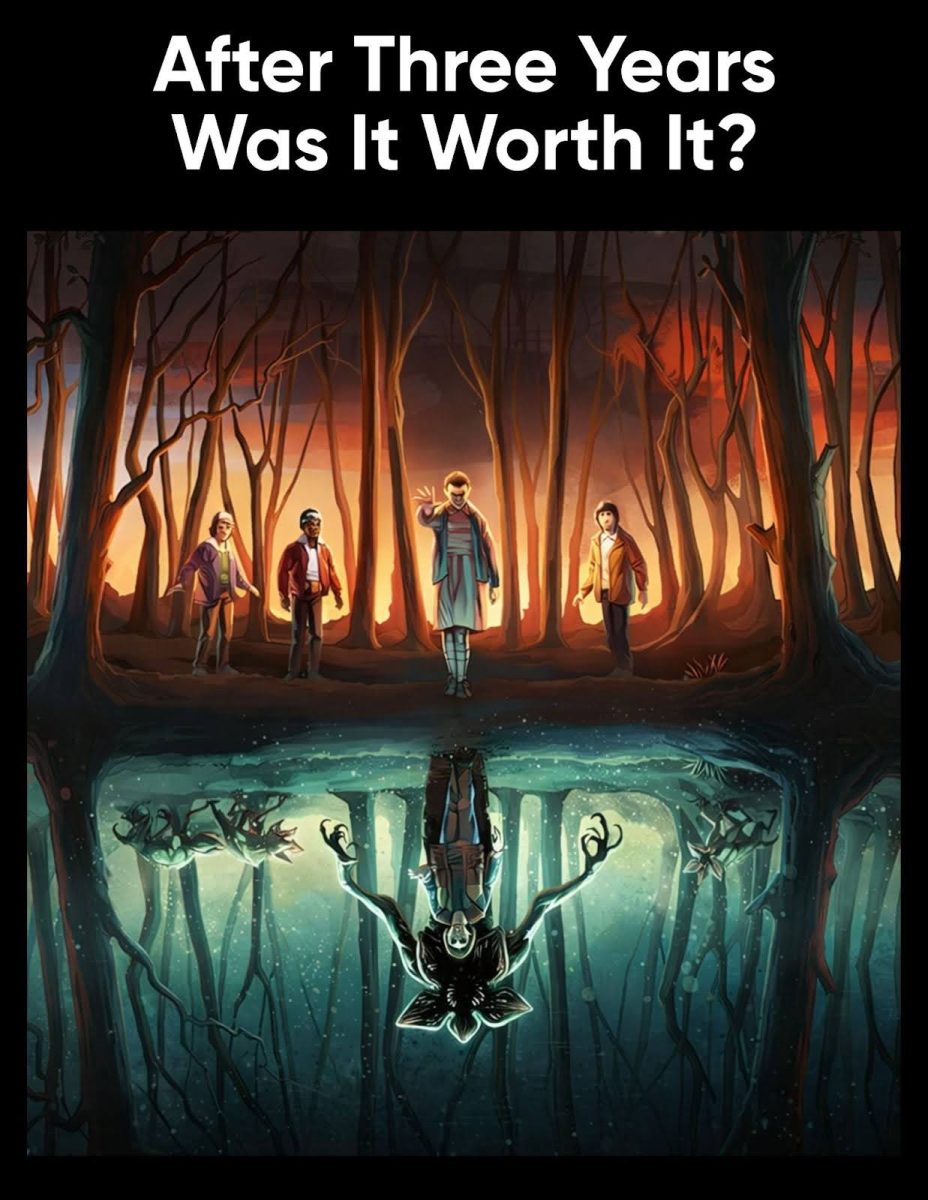





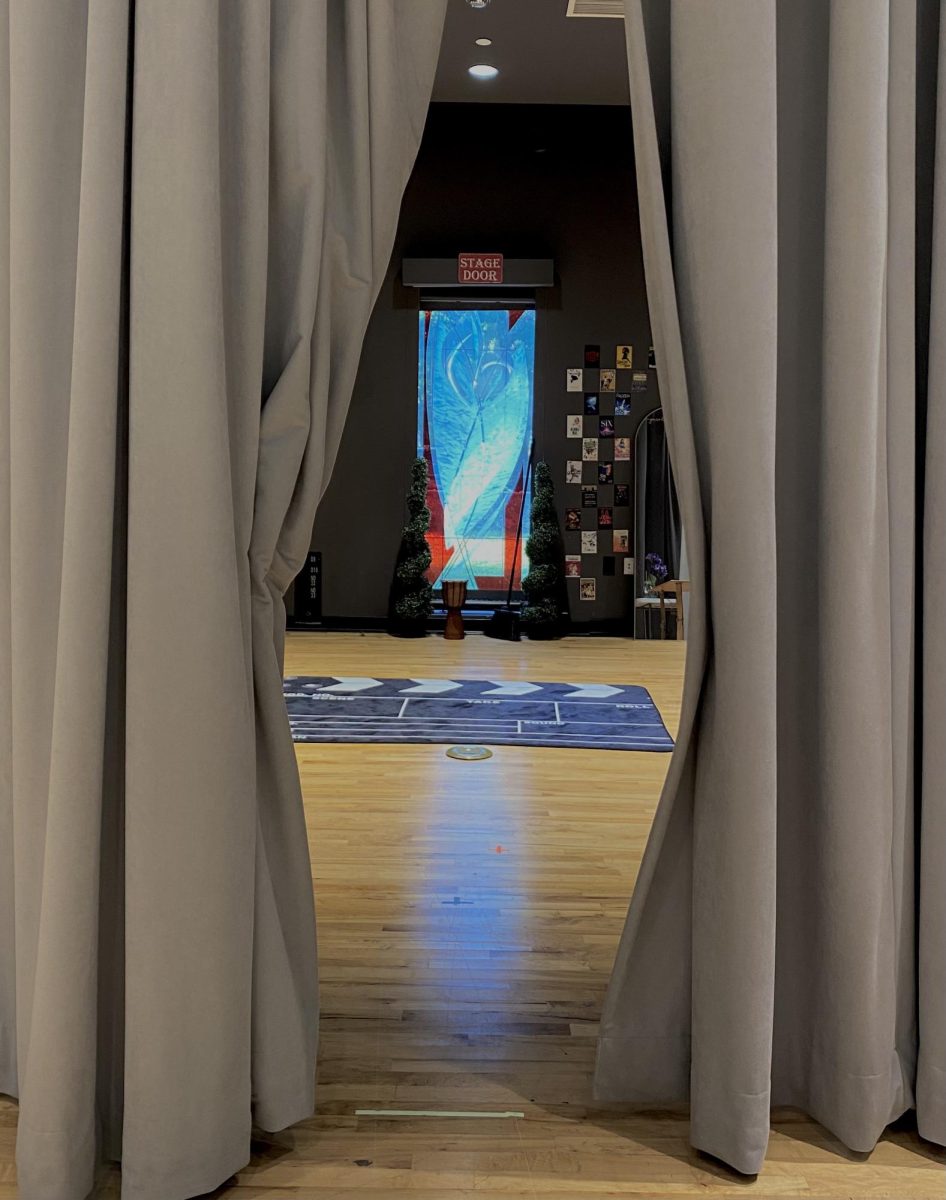




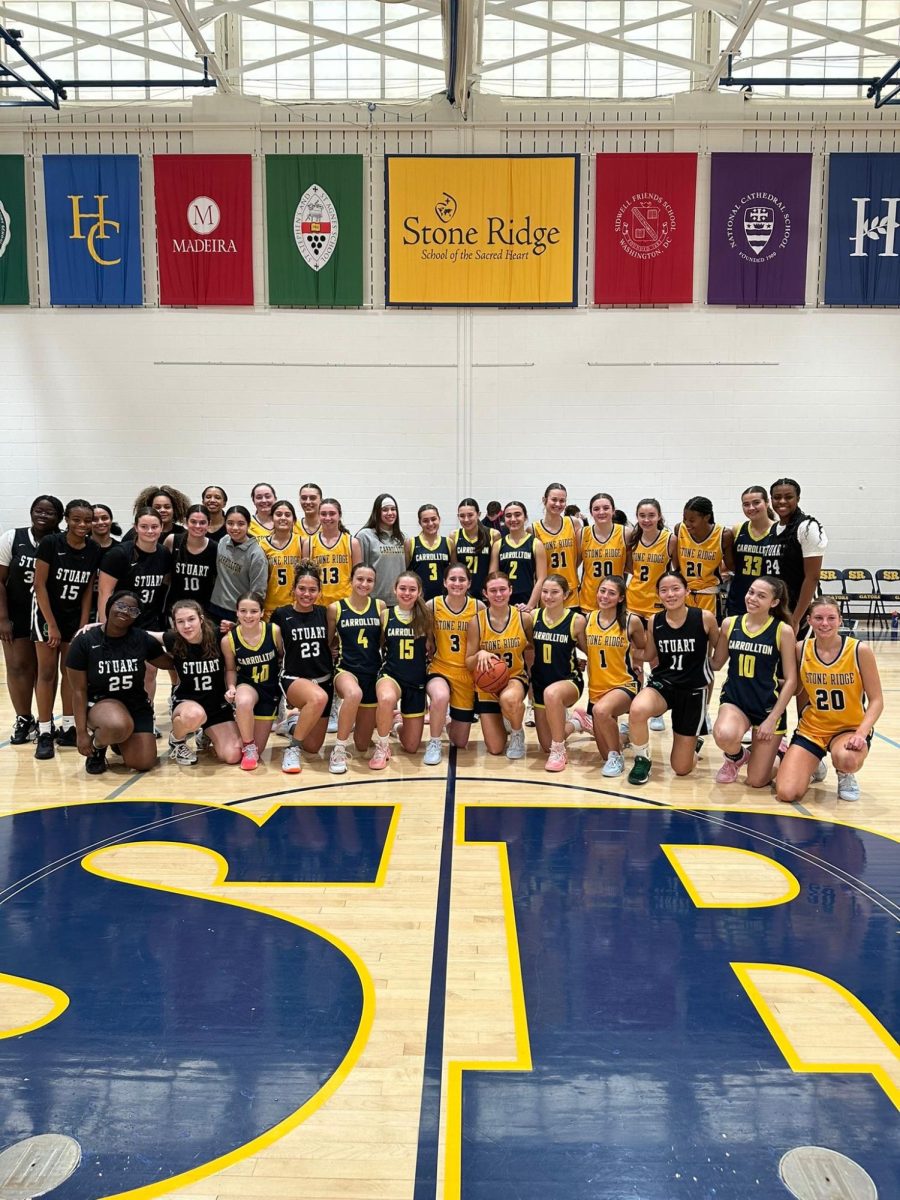

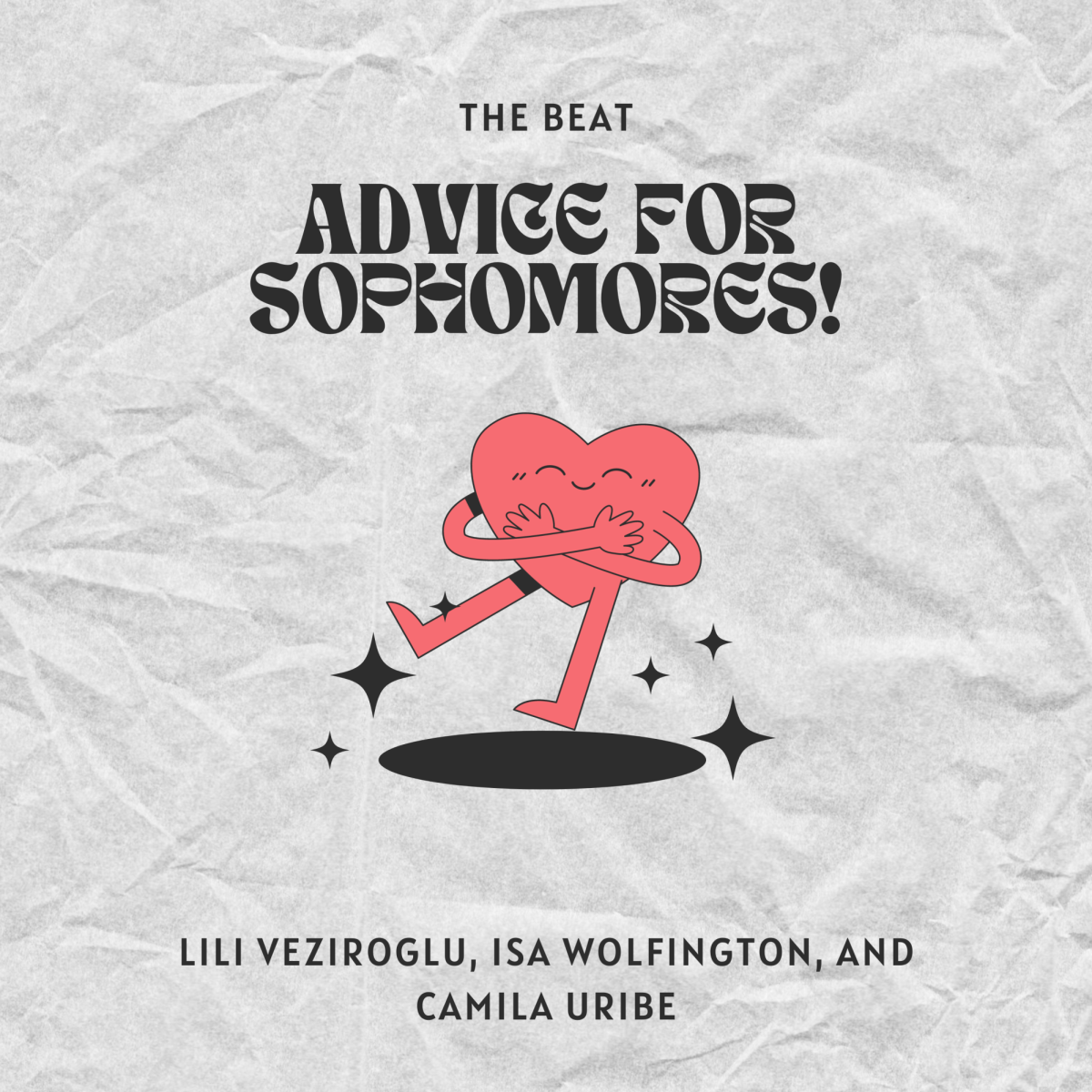



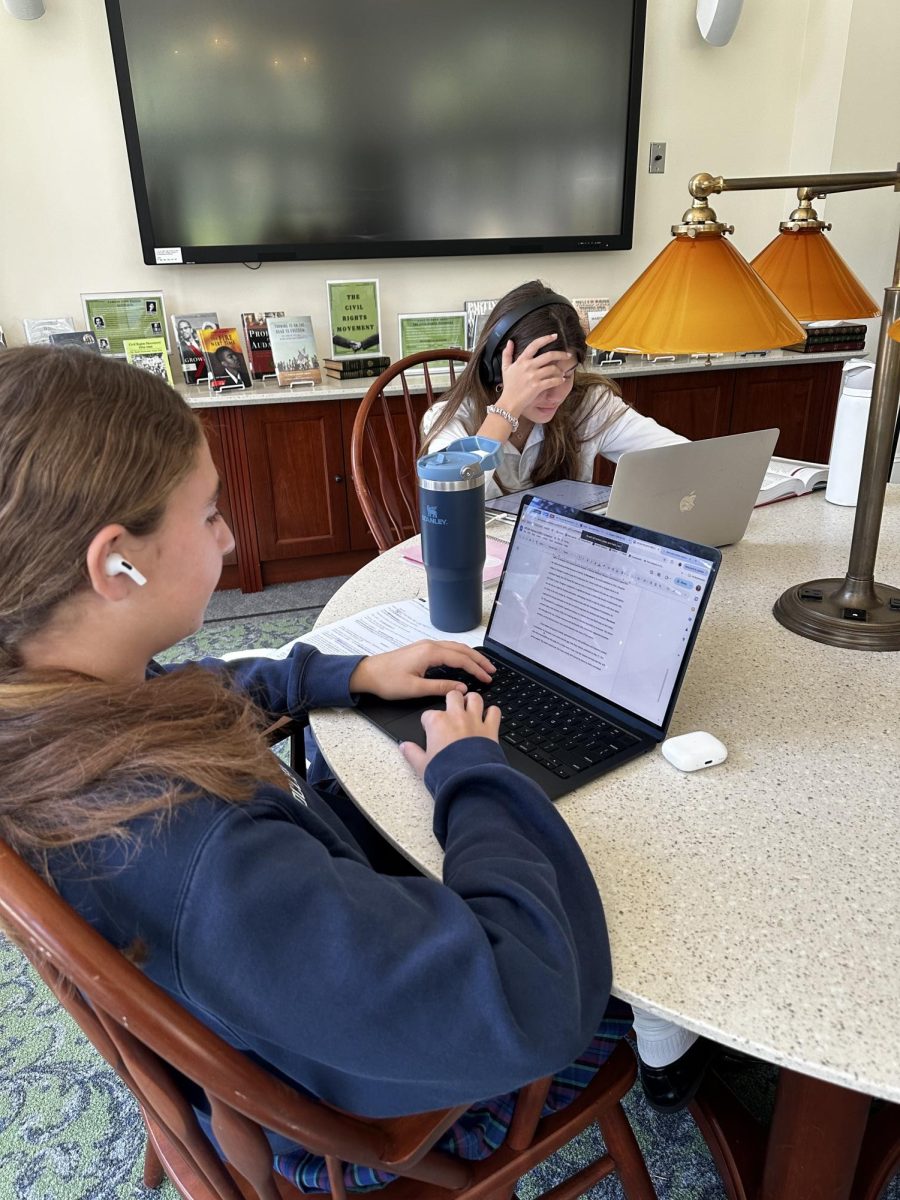


Lyana Azan • Feb 5, 2025 at 6:13 am
This topic has always interested me. Great job writing on it. I highly recommend the “Intense Studying” playlist on Spotify. I use it all of the time when my students are writing in class.
Diana Sudasassi • Feb 4, 2025 at 1:57 pm
Great article Ceci. Just curious, what do you prefer? Music or silence?
Nina Heffron • Feb 3, 2025 at 10:05 am
This is so interesting! Awesome job, Ceci!